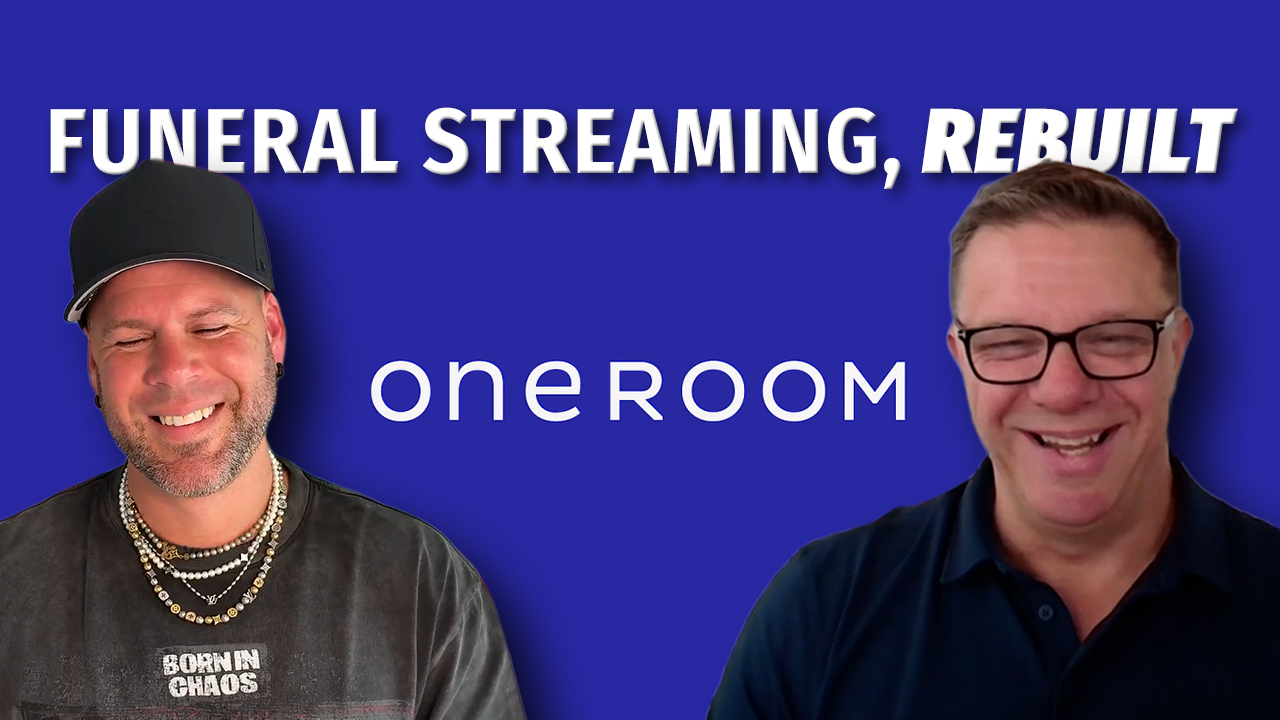Funerals Can Teach a Lesson in Living

If I were a king, attending a funeral would be mandatory for all under 40.
I get the strangest looks from people when I tell them that I have already carefully considered and have decided what my first act would be as king of this great country. The looks get even stranger, if possible, when I reveal my declaration to the mandating of annual attendance at a funeral service for every man, woman and child under age 40.
Perhaps this idea came to me after attending the funeral of an employee’s father who passed away suddenly at age 57. I had never met the gentleman and went to the service out of a sense of obligation, wanting to show respect. That’s all. What I learned that day was a great deal more.
The speakers at the service talked about the man’s human connections to family and friends. Even his business associates made no mention of many professional accomplishments but focused on what kind of person they had come to know and love.
“Whoever dies with the most toys, wins,” was regarded as a funny thing to say in the late ’80s, but since that day I’ve no longer been able to find the slogan amusing.
Amazing. For years, people constantly are reminded of the importance of dedication to their careers and the need for hard work. Of course that’s true; but, apparently, in the final analysis, as important as obligations are to your given profession, you will be remembered for being a human being first. Human connections with spouses, with children and with friends are what overwhelmingly will leave a lasting impression.
This whole experience got me thinking about whether or not a funeral can be more than a time of grief. I started to wonder: If young people spent an hour a year listening to what people are remembered for, wouldn’t it act as a massive smoke alarm, redirecting many of us?
That is exactly what happened to Alfred Nobel, founder of the prestigious international Nobel prizes. As a Swedish chemist, Nobel had made a fortune by inventing ways to make explosives more powerful and licensing his formula to the government to make weapons. One day, Nobel’s brother died and a local newspaper accidentally printed an obituary notice for Alfred instead. The obituary focused on his accomplishment of enabling armies to achieve new levels of mass destruction. Alfred Nobel had the unique opportunity of reading his own obituary, and he didn’t like what he was going to be remembered for. He took his fortune and established awards to benefit humanity.
So, it seems no matter what advances we make in technology, time cannot be manipulated by us. We get a beginning and, all too quickly and often without warning, an end. These two important parts of life are largely out of our control. But attendance at a funeral just might make us question what comes between the launch and the finale and point us in the direction of trying to create something time cannot erode.
Some may be pleased to know that my proposal, while firm, does have some flexibility. While you must attend one funeral a year, I make no determination on whose service you attend, including someone you don’t know personally. The message I got from attending the funeral of my co-worker’s father was in some ways even more powerful because I had never met the man.
Modernity seems to have delivered a special need for my idea. In days gone by, life’s reality taught people, through the early death of siblings and elders, that “life is earnest, life is short.”
So, while you await my coronation, try to make peace with my idea. After some thought, it may appear much more useful than morbid.



